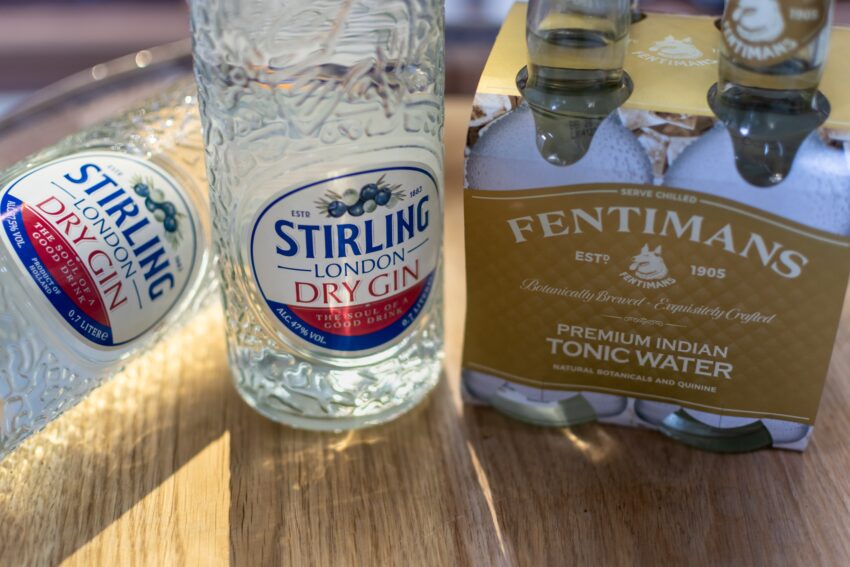
Fentimans, a renowned maker of traditional soft drinks since 1905, has warned that proposed government plans to introduce a glass tax could threaten the company’s future.
The tax, part of an “extended producer responsibility” initiative by the Department for Environment, Food and Rural Affairs (Defra), is expected to add an estimated £300 per tonne to the cost of recycling glass.
Ian Bray, CEO of Fentimans, expressed grave concerns about the impact on small businesses: “Fentimans has been selling quality soft drinks since 1905. It would be tragic if this inequitable policy destroyed our business after 120 years just because it hasn’t been thought through.”
The proposed tax has sparked backlash from brewers and soft drinks manufacturers, who argue that the additional costs will place an undue burden on the industry. Trade bodies, including the British Beer and Pub Association, have called on Environment Secretary Steve Reed to reconsider the tax. The association estimates that the tax could increase costs by 3p to 7p per bottle for the 3.2 billion bottles of beer sold annually in the UK, equating to an additional £84 million to £212 million—a beer duty increase of between 8% and 21%.
Emma McClarkin, Chief Executive of the British Beer and Pub Association, emphasised the potential economic impact: “These estimated fees provide long-overdue clarity, but they sharply reinforce our concerns about the eye-watering additional costs brewers will be expected to bear from next year and the impact on customers.” She underscored the brewing industry’s role in supporting hundreds of thousands of jobs and investing in low-strength and alcohol-free options that align with public health goals, arguing that the sector is already heavily taxed.
Paul Davies, CEO of Carlsberg Marston’s Brewing Company, highlighted the brewing sector’s commitment to sustainability, with goals such as achieving zero packaging waste and ensuring 100% recyclable, reusable, or renewable packaging by 2030. However, he voiced concerns about the financial strain the new costs could place on the industry amid ongoing challenges with high energy and material prices: “We would urge the government to hold constructive discussions with industry about how EPR could be implemented in a way that delivers our shared ambitions for sustainability, whilst also supporting and preserving our treasured national beer and pub culture.”
British Glass, representing the glass industry, is lobbying for a delay in implementing the tax, warning that it could result in “significant job losses.” The proposals have created tension between the glass sector and other packaging materials, such as plastic and aluminium, which have been granted an additional two years of grace before they are subjected to similar waste policy costs.
Nick Kirk, Technical Director at British Glass, pointed out the disparity: “These materials are due to be part of the incoming deposit return scheme in October 2027, but will not be subject to [extended producer responsibility] fees in the meantime, meaning they benefit from an additional two years without waste policy costs.”
Defra has defended the proposed measures, describing them as a crucial step towards reducing waste and advancing a circular economy. A spokesperson from Defra stated: “Extended producer responsibility for packaging is a vital first step in cracking down on waste as we move towards a circular economy and we have always been clear these fees are our initial estimates. In line with our collaborative approach, we are continuing to meet the glass industry to discuss more workable approaches, including for how we calculate the cost of glass.”